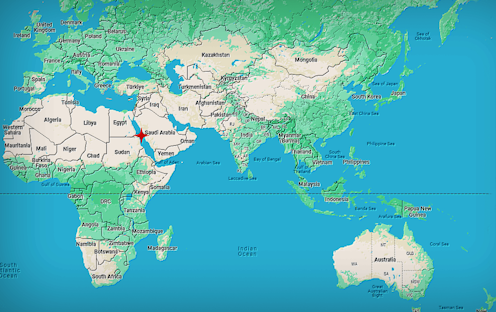[ad_1]
This has prompted logistics firms including Maersk, Hapag-Lloyd and Evergreen as well as the oil giant BP, to pause ship movements through a channel that carries 12 per cent of the world’s seaborne cargo, mostly between Europe and Asia and locations further south including Australia and New Zealand.
The impact has been significant, particularly for China, India, Vietnam, Thailand and Indonesia as well as European countries including the United Kingdom, Germany, France, Spain and Italy.
How is Australia impacted by the Red Sea attacks?
In 2022, Australia imported about $60 billion in products including pharmaceuticals, machinery, road vehicles, electrical and electronic equipment and medical apparatus from Europe. Much of it was shipped through the Red Sea.

Source: The Conversation
Over the same period, Australia exported goods valued at $23 billion to Europe. The most traded items were mineral fuels, oils and distillation products. Others included wine, fruits, grain, seeds, nickel and aluminium.
Maersk and other companies have started diverting their containers around South Africa’s Cape of Good Hope, but this much-extended route takes longer and has led to major delays, shortages and additional shipping costs.
These extra costs are most likely to be passed on to businesses and consumers. The UK is already experiencing shortages of tea, wine, meat and fish.
International pressure on the rebels
Last week Australia, the US and 11 other countries affected by the disruption issued a statement condemning the attacks as “illegal, unacceptable, and profoundly destabilising”.
It came after Australia last month turned down a request from the US to send a warship to the region, saying it needed to prioritise the Indo-Pacific.
It’s time to develop a plan B
To minimise the impact of all of these disruptions, businesses need to develop backup plans that can be implemented quickly.
Sanjoy Paul is an associate professor at UTS Business School of the University of Technology Sydney. Paul does not work for, consult, own shares in or receive funding from any company or organisation that would benefit from this article, and has disclosed no relevant affiliations beyond their academic appointment.
[ad_2]
Source link